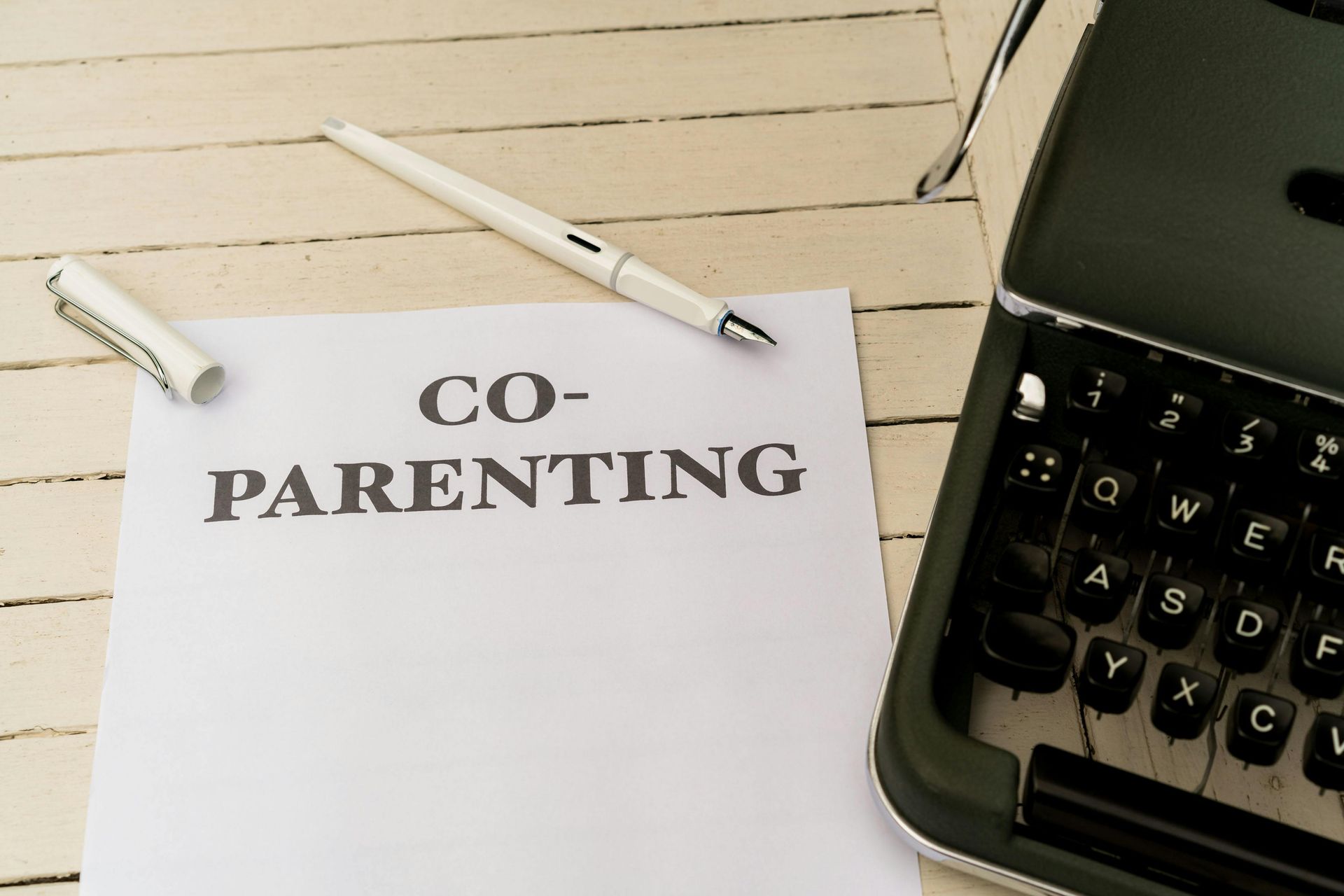How Misdemeanor and Aggravated Assault is Defined in Arizona
How Misdemeanor and Aggravated Assault is Defined in Arizona
Did you know there are two types of assault cases? Depending on the circumstances, intention, and details of your case, you may face a misdemeanor or aggravated assault charge. These types of assault may seem similar at first, but they’re defined differently and come with their own set of penalties. If you’re unsure which type of assault your case involves, our legal team is here to break down the differences and help you understand them.
Here’s how misdemeanor and aggravated assaults are defined and charged in Arizona.
Misdemeanor Assualt
If you have been charged with a misdemeanor assault, it means a prosecutor believes you:
- intentionally, knowingly, or recklessly caused an injury to someone else
- intentionally placed another person in fear of being injured
- knowingly touched another person with the intent to injure, insult, or provoke them.
It’s a common misconception to believe a physical injury is required for a simple assault to occur, but as you can see, that’s not necessarily true. Even in cases where physical harm is not evident, if reasonable apprehension or provocation is present it’s considered an assault. The penalties for a simple assault vary, but it can be broken down by an individual’s intention:
- Assault resulting in an injury is a Class 1 misdemeanor
- Assault based on reasonable apprehension is a Class 2 misdemeanor
- Assault based on provocation or an insult is a Class 3 misdemeanor
If you believe you have been charged with a misdemeanor assault, make sure to contact an Arizona criminal defense lawyer immediately.
Aggravated Assualt
Aggravated assault is like a misdemeanor assault but it includes the presence of an additional element. These elements are what differentiate a misdemeanor assault from an aggravated one. The following factors would cause an assault charge to be considered aggravated:
- Use of a deadly weapon or dangerous instrument
- Results in serious physical injury
- Results in temporary but substantial disfigurement
- Committed against someone who is restrained
- Committed by an adult against a child
- Committed against a police officer, teacher, firefighter, medical professional, or prison guard
- Strangulation
An individual charged with aggravated assault faces a felony offense. Depending on the circumstances of the offense, it can be a Class 3, 4, or Class 6 felony. In general, you may face the following penalties including:
- Fines
- Probation
- 18 months to 21 years of prison time
If you or someone you know has been accused of a misdemeanor or aggravated assault, consider reaching out to an assault defense attorney in Phoneix, AZ. At Wheeler law, our attorneys are available for free consultations and we would love to discuss your case with you. Fill out our contact form here to get in touch with an Arizona criminal defense lawyer.







